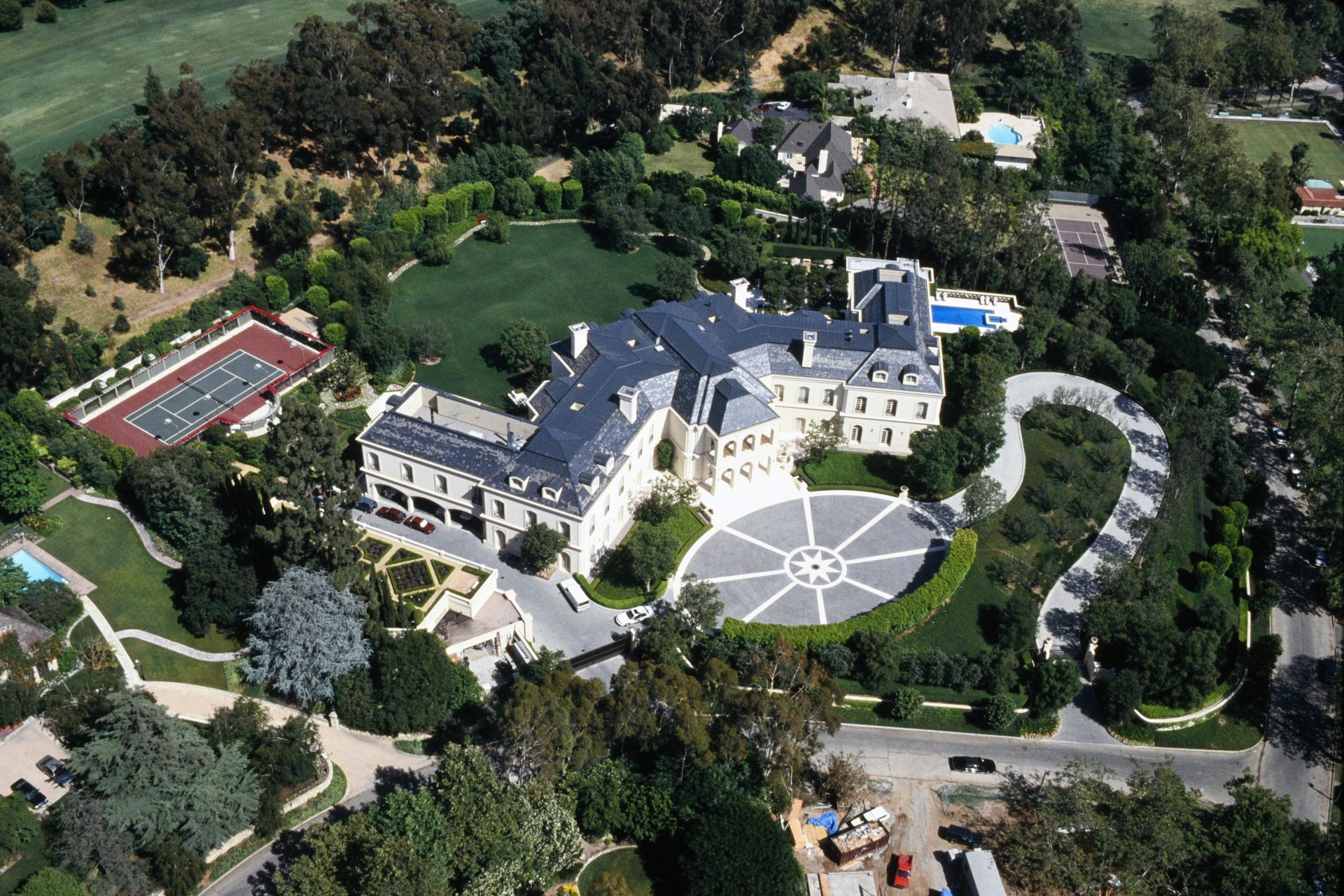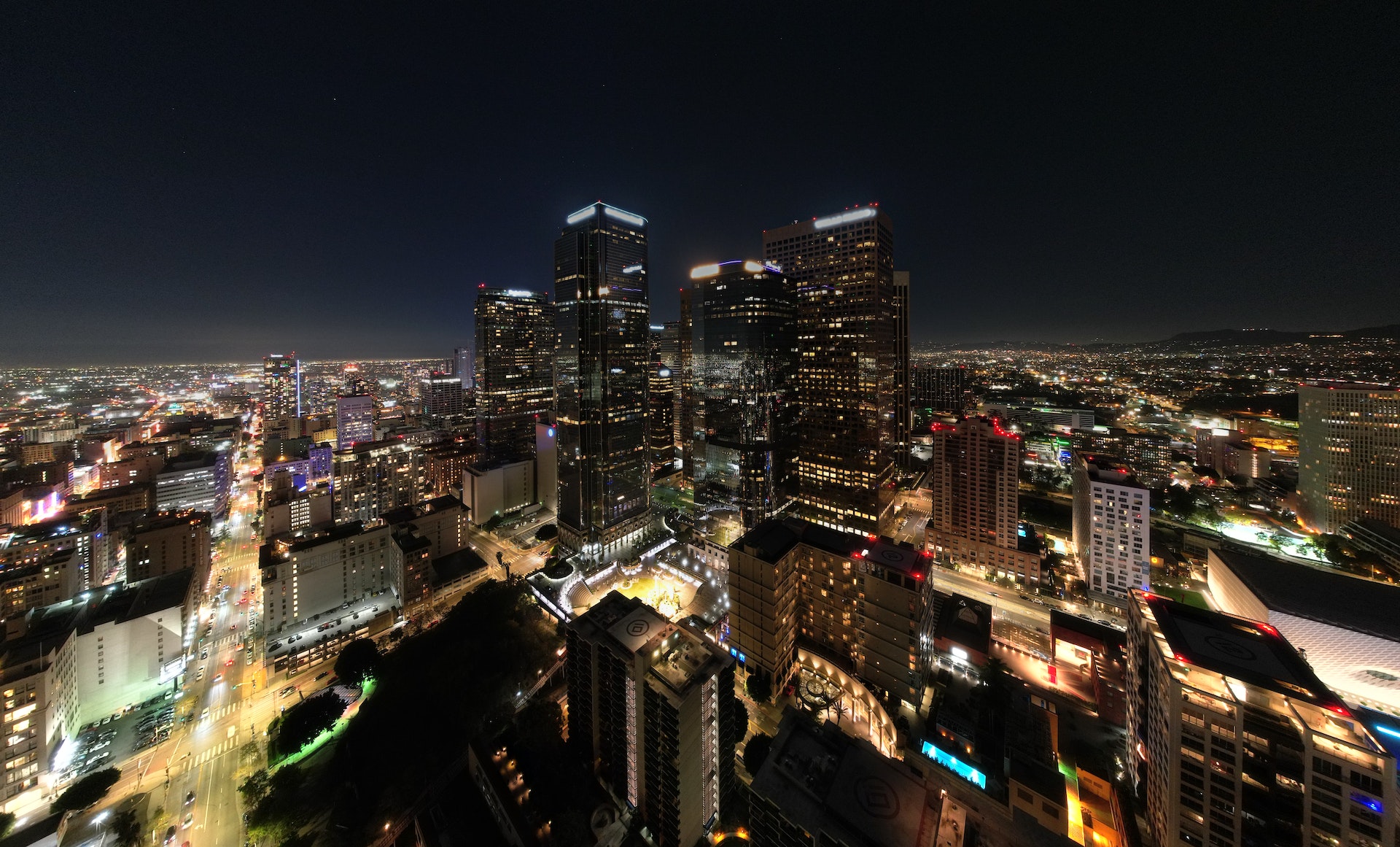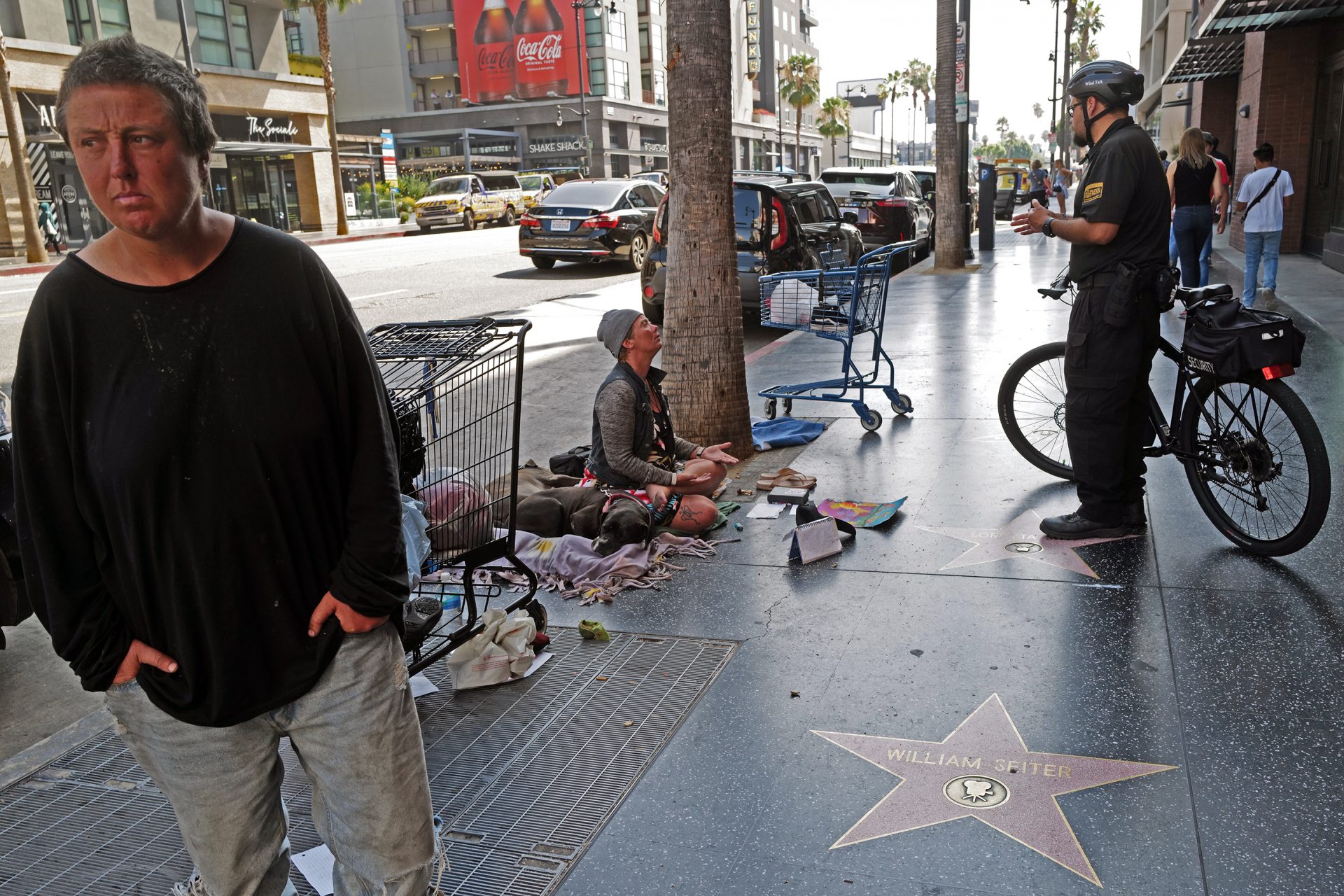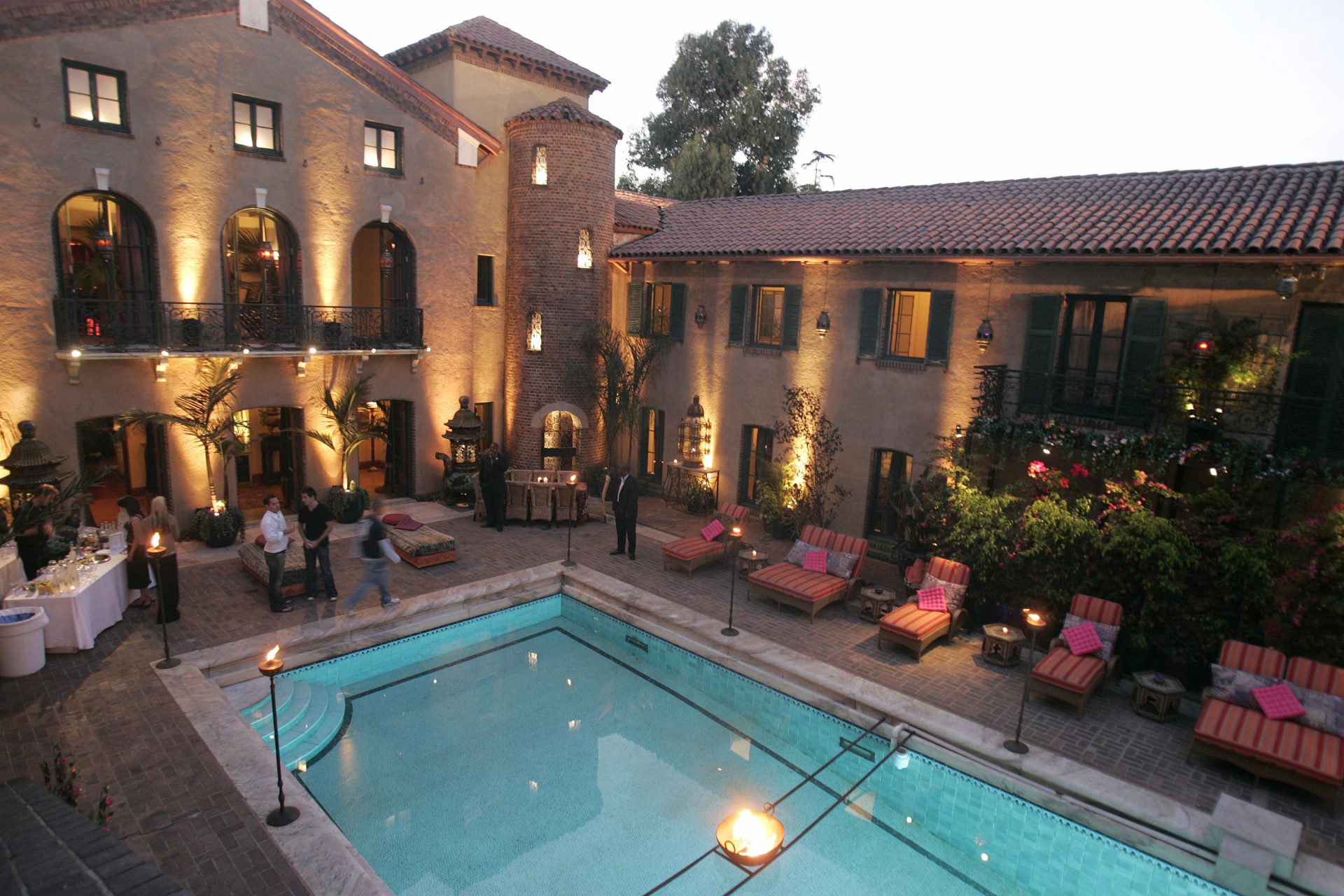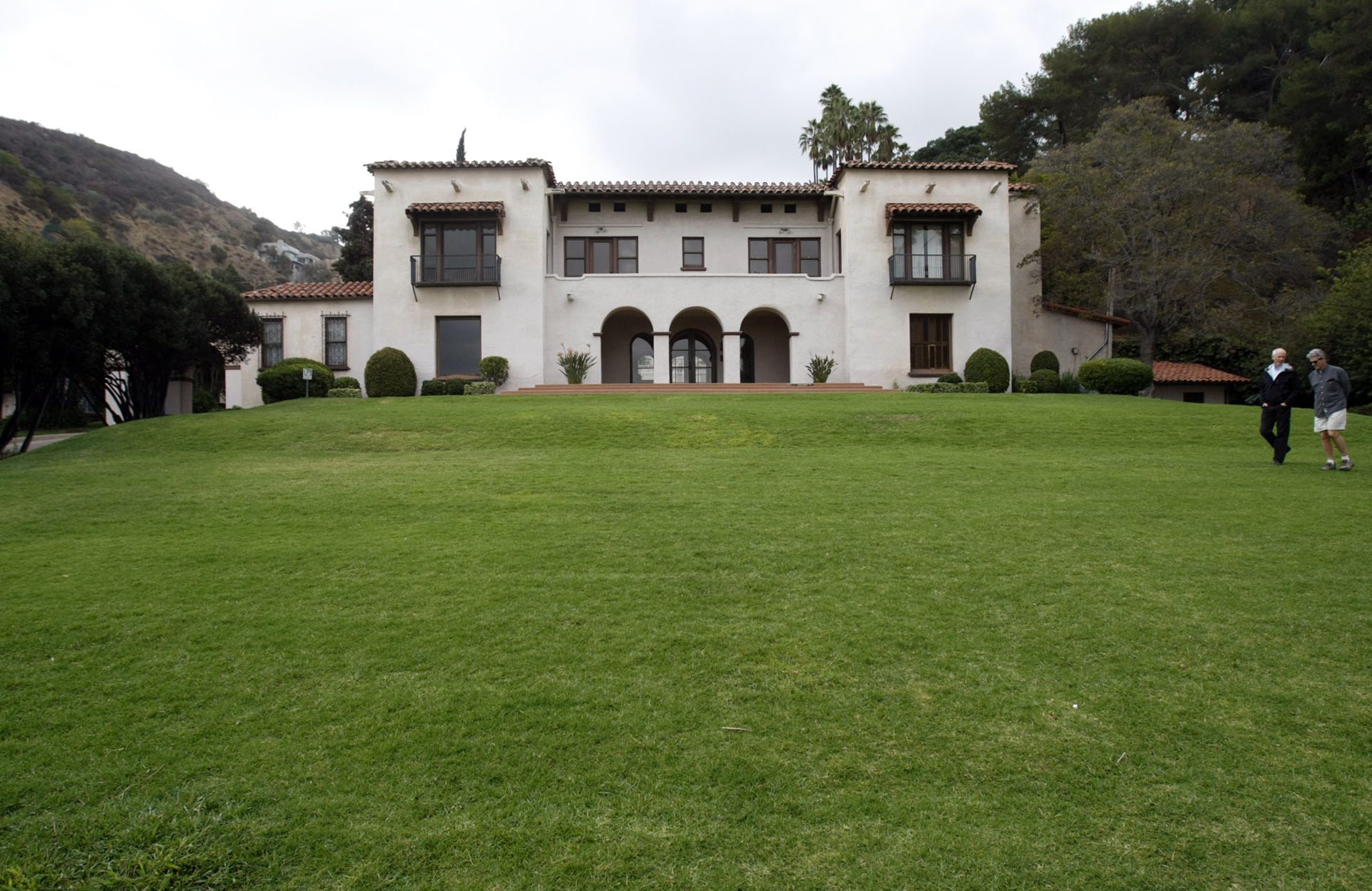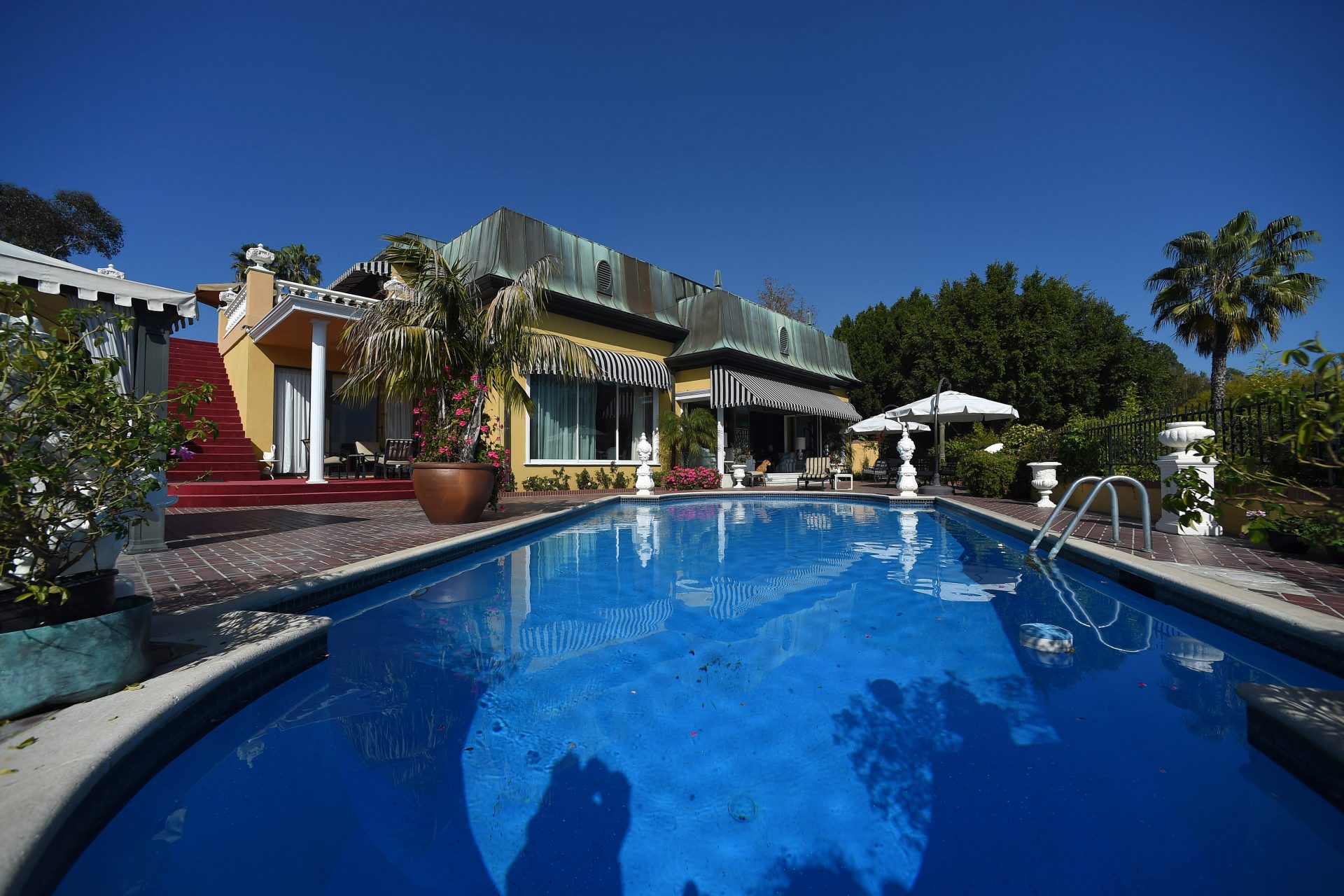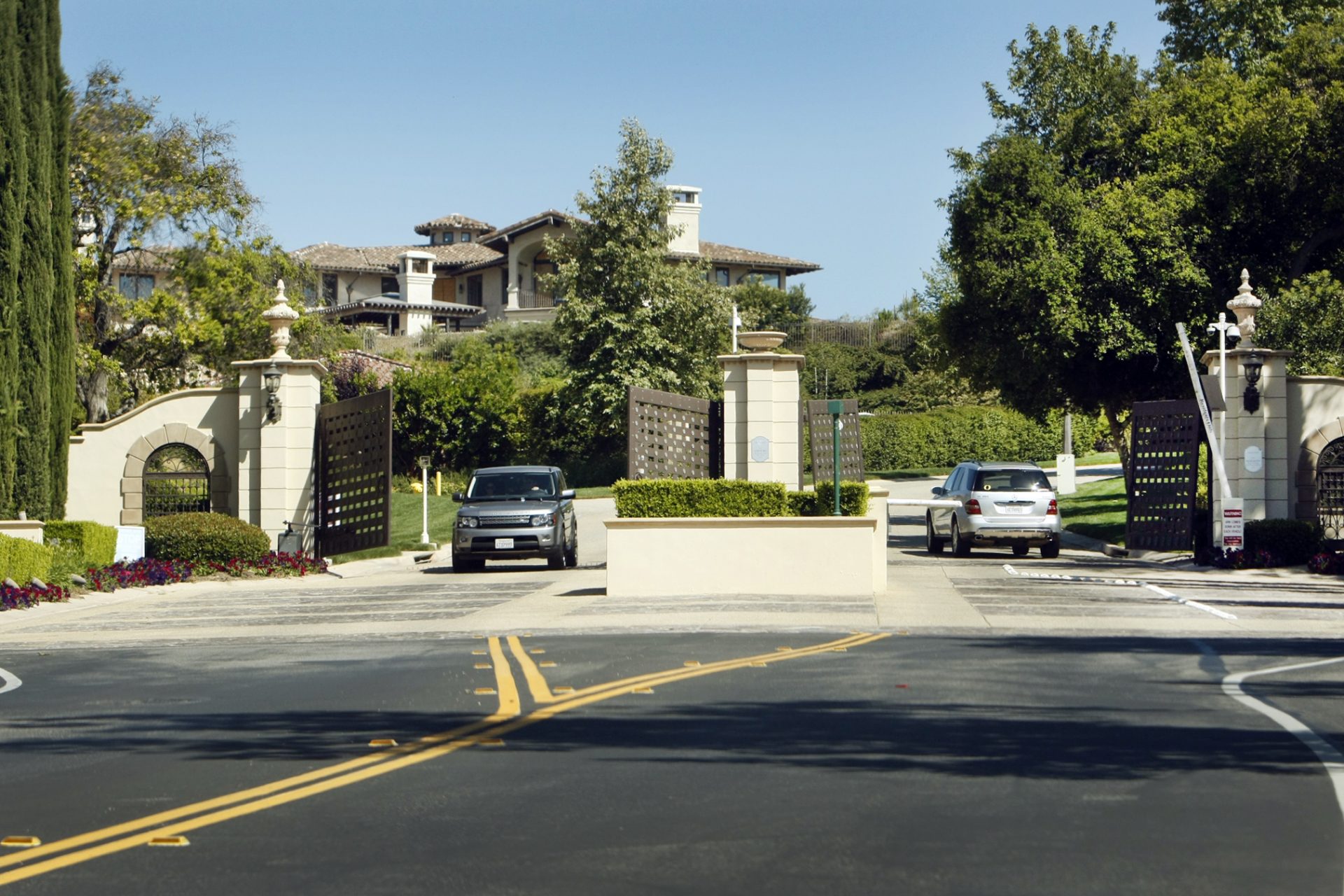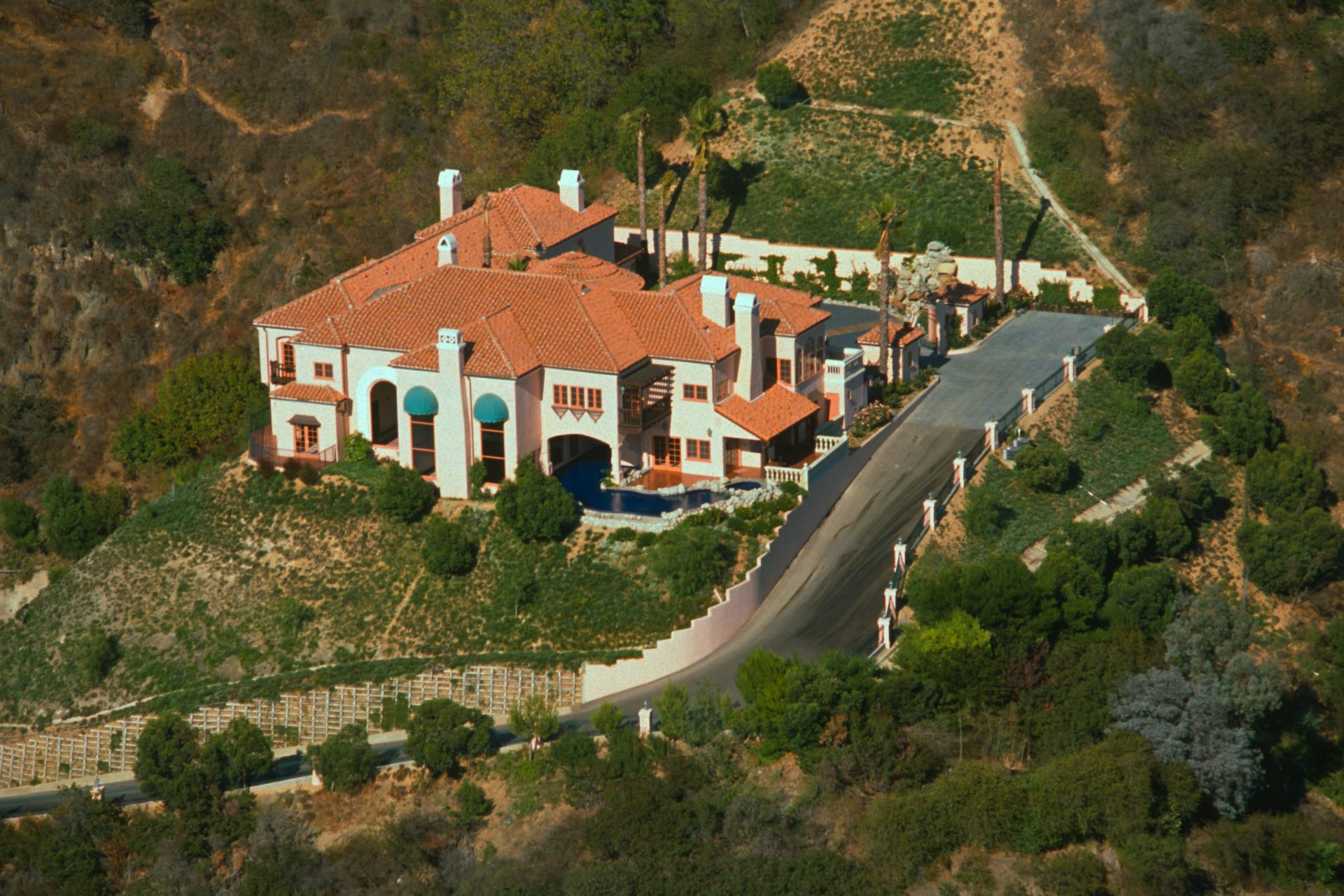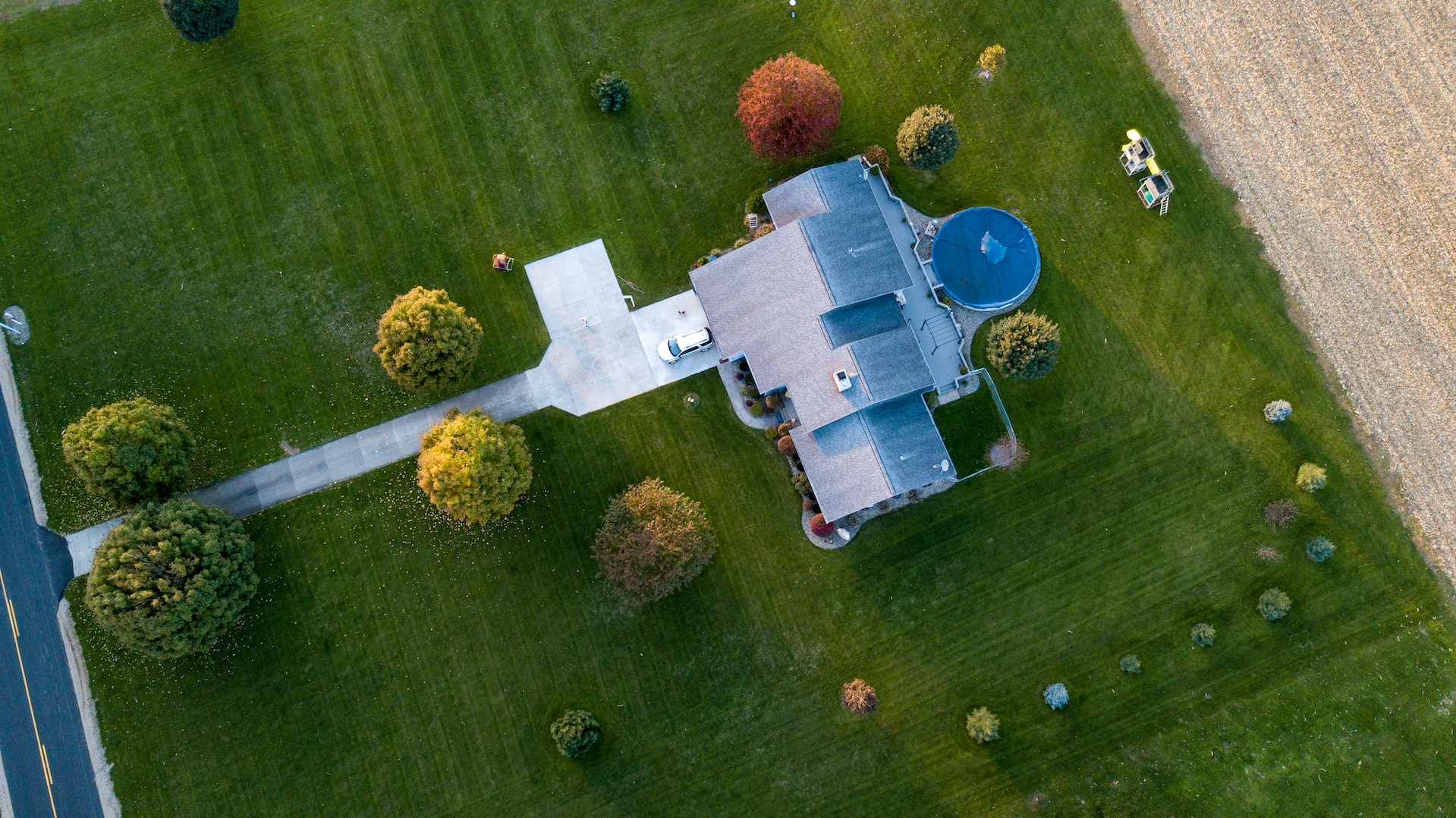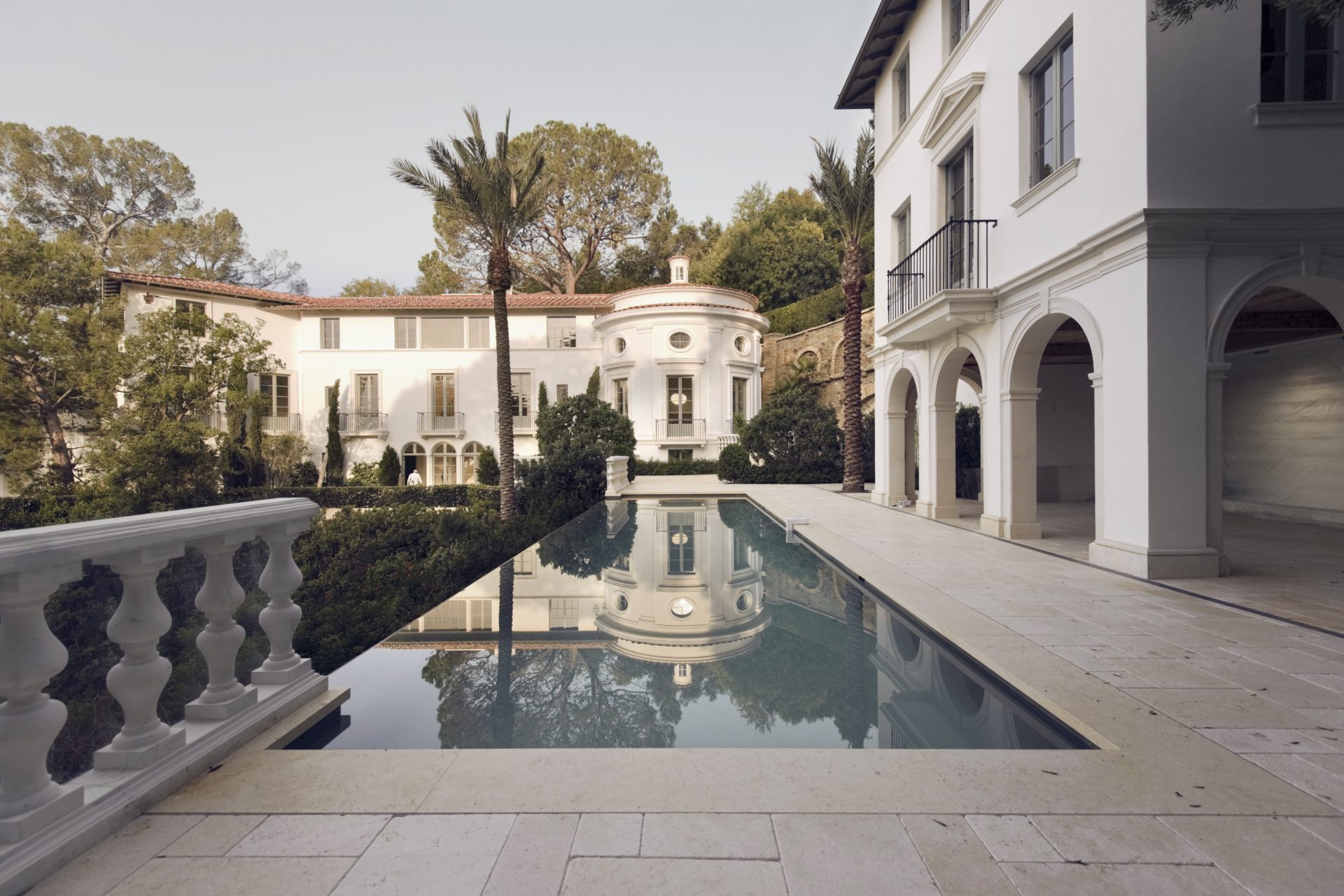Billionaires are playing the system in Los Angeles to avoid the mansion tax
"Sell a pen for $300 and give away a ticket to the Champions League final." This trick, which has been used for years to get around the ban on reselling soccer tickets, is similar to the one used by some billionaires in Los Angeles.
The difference between the two cases is that the first case does not involve operations worth millions of dollars, as is the case in the second, which has a significant impact on public funds.
(Photo: Pexels - Pixabay)
It all started in the fall of 2022, when the Los Angeles city government voted on whether to impose a tax on the city's luxury homes.
(Photo: Pexels - Daniel Narinian)
The tax would be introduced gradually, and the proceeds would be used to build accommodation and social housing for homeless people and people at risk of social exclusion.
Ultimately, the proposal was approved and the so-called ULA tax took effect in April 2023.
(Photo: Web Unitedhousela)
The plan is to levy a 4% tax on the sale of residential properties valued between $5 and $10 million. In other words, a $6 million mansion would add $267,000 in taxes.
For villas worth more than $10 million, the tax would rise to 5.5%. In this case, a $20 million mansion would represent a premium of $1.19 million.
To clear up doubts, LA authorities have set up a calculator to help potential buyers find out how much taxes they must pay depending on the price of the villa.
For comparison: only 4% of real estate sales are affected by this tax. However, according to a UCLA study, 72% of these transactions are for more than $10 million.
At launch, Los Angeles officials hoped to raise $900 million a year from the tax, up from $200 million before ULA.
But the devil is in the details. What was intended as a measure for the solidarity-based redistribution of wealth has become the umpteenth rule ignored by billionaires.
On the one hand, sales of villas skyrocketed before the regulation came into force. In March 2023, 109 villas were sold, in April 2023, when the ULA tax had already come into force, there were only two.
Celebrities like Jim Carrey and Mark Wahlberg also sold their villas weeks before the tax was introduced to avoid it.
According to 'LA Times', Mark Wahlberg sold a 30.500 square foot mansion in February 2023, which he had to reduce from $87.5 million to $55 million.
Interestingly, if he had waited and sold the mansion for $65 million, he would have had to pay $3.87 million more due to the ULA tax, meaning he would still have gotten over $6 million more than the $55 million sale price.
But of course, not all villa owners were willing to sell their homes before April 2023 or accept multi-million dollar discounts, so they came up with a bolder but effective trick for now.
(Photo: Pexels - Tina Nord)
To avoid paying the tax, the owners opted to split their homes into multiple properties, each valued at less than $4.99 million, to sell them all to the same buyer and thus avoid paying the tax . This is a legal loophole.
(Photo: Pexels - Chris Goodwin)
Even more brazen was the trick uncovered by the 'LA Times', in which many sellers valued their villa at $4.99 million and added the amount missing before the purchase price was reached to furniture, decorations, art, vehicles...
It is pretty sad the lengths the ultra-rich will go to just to avoid paying their share and helping out those who are struggling in society. But perhaps it is tricks like these that allow the rich to stay filthy rich after all....
More for you
Top Stories



